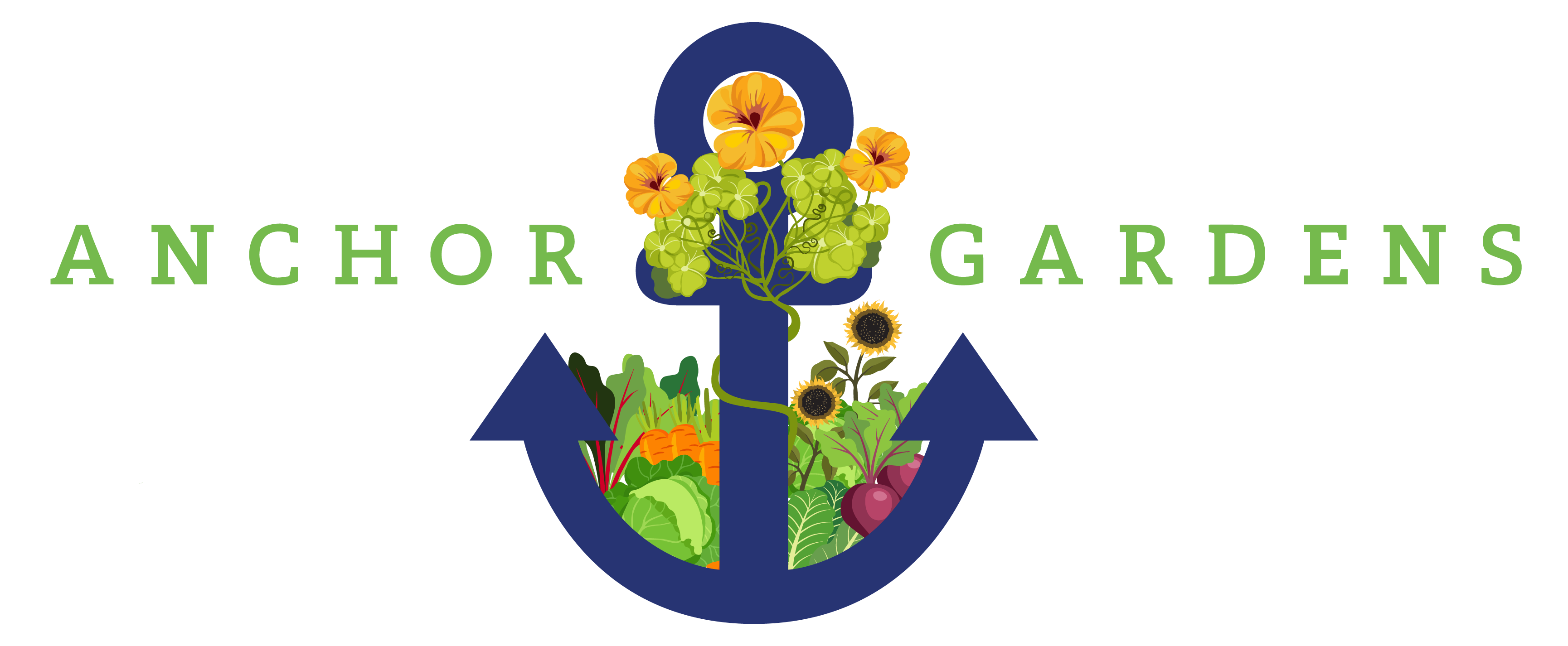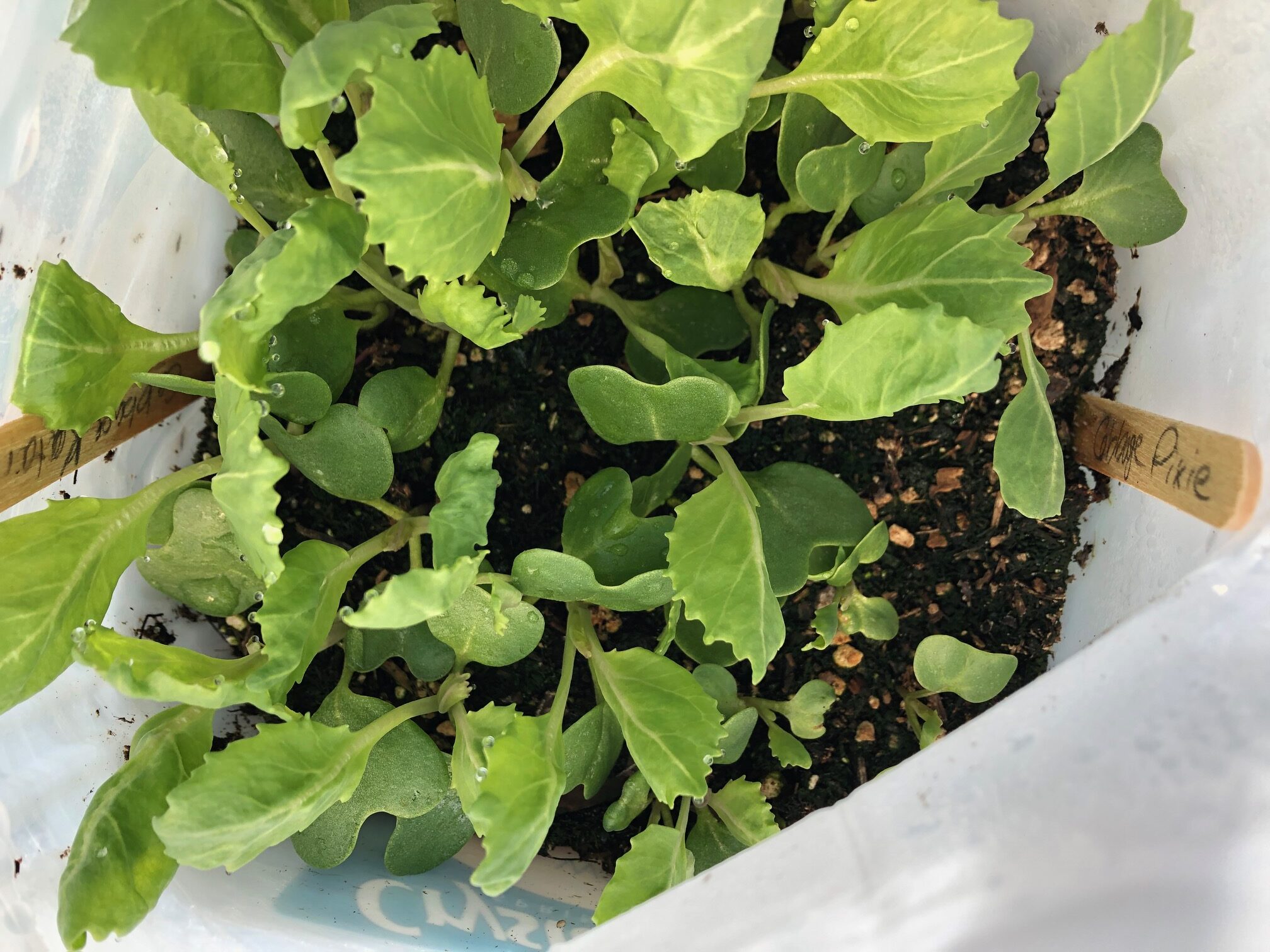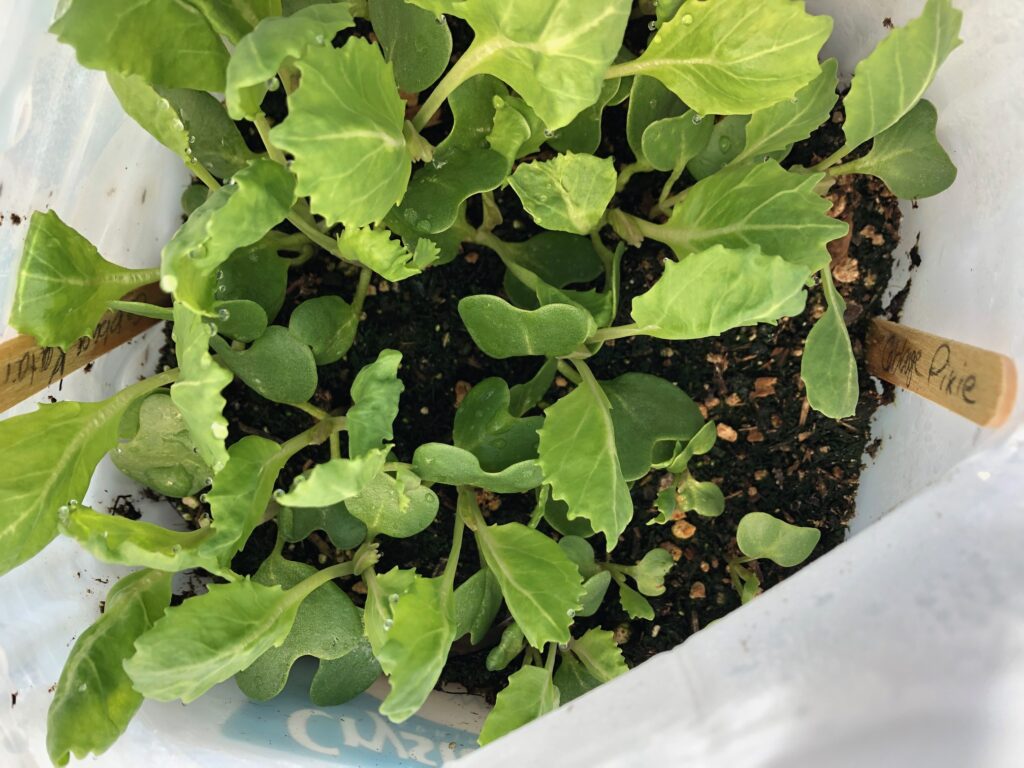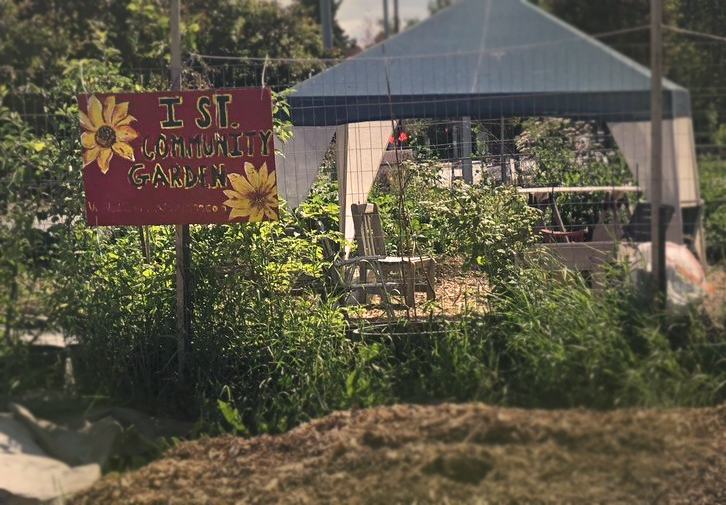Katherine Shenk recently taught a workshop on winter sowing. This is a great method for starting certain seeds (not all seeds will do well in Alaska with this method, scroll down below the video for more tips).
Winter sowing is a technique that allows you to start garden vegetables from seeds outdoors during the winter months, providing an earlier start to the growing season.
Here are some tips:
- Choose the right seeds.
- In Alaska, you will need to take into account the length of the growing season and the expected frost dates.
- We have had the best success with the cold-hardier vegetables such as broccoli, cabbage, kohlrabi, kale, and other brassicas.
- Vegetables that take a long growing season, such as tomatoes, will not be successful in Alaska with this technique.
- You can use any clean and clear plastic container, such as milk jugs, soda bottles, or clear plastic boxes. The container needs to be large enough to hold 3-4 inches of soil, plus enough room for the plant to grow until transplant time.
- Cut the top and bottom of the containers to create a flap, leaving one side attached. Punch a few drainage holes on the bottom of the container.
- Use healthy soil that contains compost, not seed-starting mix (seed mixes do not contain enough food for the plants past the seedling stage). Moisten the soil lightly.
- Sow the seeds according to the package instructions.
- Label each container with the type of vegetable and the date you planted it. Use a pencil or paint pen. Sharpie and other markers will fade when exposed to sunlight.
- Close the containers and tape them securely. Leave the lid off of the jug, or punch holes if you are using a plastic box. This will allow rain and snow in to keep the soil moist.
- Place the containers outside in a spot in an area that is protected from strong winds.
- The soil and the seeds will freeze. This is fine. The seeds will sprout in the spring once the weather warms up.
- Check the containers regularly to ensure that the soil is moist but not waterlogged. Water the soil when it dries out.
- Once the seeds have sprouted, you may need to protect them from cold if there is an unseasonable cold snap. Covering with a blanket or row cover should work fine.
- Once the seedlings are large enough, transplant them to the ground or a larger container with more soil.
Happy gardening!



